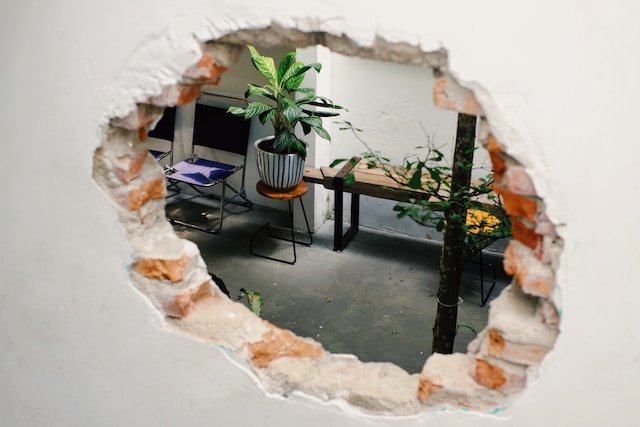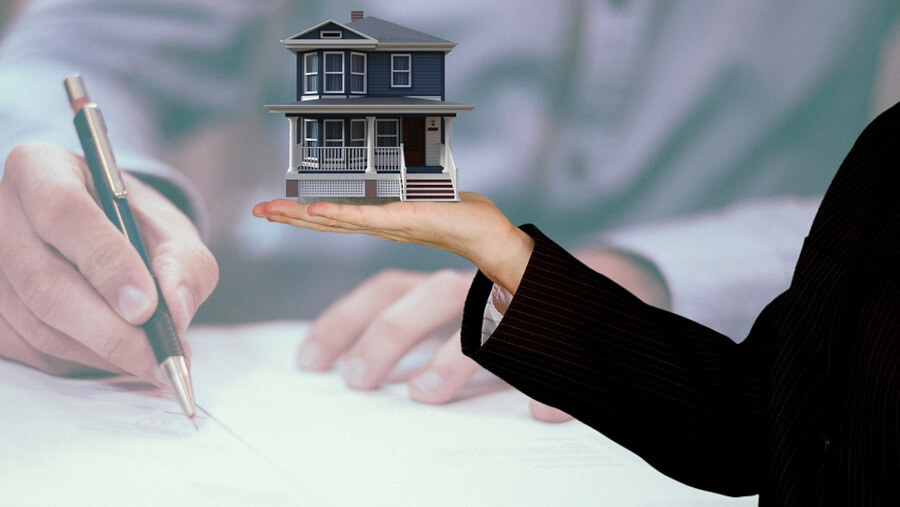Navigating Security Deposit Deductions: What Landlords Can Legally Deduct
Renting a property can be an exciting yet stressful experience, and one aspect that often causes tenant anxiety is the security deposit. A security deposit is a sum of money paid upfront by a tenant to a landlord or property manager to cover potential damages, unpaid rent, or other expenses related to the rental property. Understanding what a landlord can deduct from your security deposit is crucial to ensure a smooth and fair rental experience. In this article, we'll explore the common reasons for security deposit deductions and provide tips for tenants to protect their deposits. Of course, these may vary from state to state.
Unpaid Rent
The primary purpose of a security deposit is to protect the landlord against unpaid rent. If you fail to pay your rent for any period during your tenancy, your landlord may deduct the unpaid rent from your security deposit. This deduction is typically straightforward and based on your lease agreement and rental payment history.
To avoid this deduction, always pay your rent on time and in accordance with your lease agreement. Document your payments and maintain clear communication with your landlord or property manager if you encounter financial difficulties that may affect your ability to pay rent.

Property Damage
One of the most common reasons for security deposit deductions is property damage beyond normal wear and tear. Normal wear and tear refers to the gradual deterioration of a property due to regular use, such as minor scuffs on the walls or worn-out carpeting.
Landlords can deduct from your security deposit to cover the cost of repairing or replacing items that were damaged due to negligence or misuse. Examples of damage that can result in deductions include:
- Holes in the walls
- Broken appliances or fixtures
- Stains on carpets or flooring
- Excessive dirt or filth
- Missing or damaged blinds or curtains
- Pet-related damage not covered by a pet deposit or fee
To minimize the risk of property damage deductions, treat the rental property with care and promptly report any maintenance issues to your landlord. Document the condition of the property when you move in and when you move out, preferably with photos and written notes.
Cleaning Fees
Another common deduction from your security deposit can be cleaning fees. If you leave the property excessively dirty or fail to return it in a clean and sanitary condition, your landlord may deduct the cost of cleaning from your deposit.
To avoid cleaning fee deductions, thoroughly clean the property before moving out. This includes cleaning appliances, floors, countertops, and any other areas that may have accumulated dirt or grime during your tenancy. Refer to your lease agreement for specific cleaning requirements.
Repairs and Maintenance
Landlords are responsible for maintaining the property in a habitable condition, and they cannot deduct security deposit funds for normal repairs and maintenance. However, if you caused damage beyond normal wear and tear, your landlord may deduct repair costs from your deposit. Keep in mind that landlords cannot use the security deposit to cover repairs that are their responsibility due to general wear and tear.
Landlord Must Provide a List of Damages
In the event of damage to the premises, the landlord is required to furnish the tenant with a comprehensive list of damages and the essential repair details within 30 days following the conclusion of the tenancy. This list must be attested to by the landlord or their representative, subject to the legal consequences of perjury. Furthermore, the landlord or their agent must supply the tenant with written documentation demonstrating the actual or approximate expenses associated with these repairs, which may include estimates, invoices, bills, or receipts.
Summary
Understanding what a landlord can deduct from your security deposit is essential for a successful and stress-free renting experience. To protect your deposit, always follow your lease agreement, pay rent on time, take care of the property, and communicate with your landlord regarding any issues. Document the property's condition upon move-in and move-out, and be aware of your rights as a tenant. By doing so, you can ensure a fair return of your security deposit when it's time to move on to your next home.
